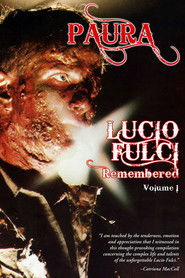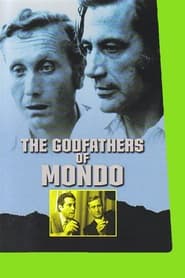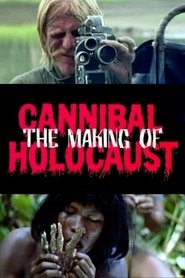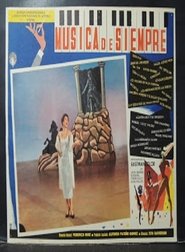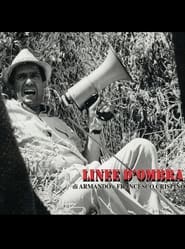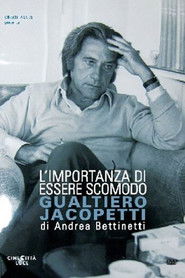Riz Ortolani
Riziero "Riz" Ortolani (25 March 1926 – 23 January 2014) was an Italian film composer. Ortolani scored over 300 films working mostly within the Italian genres of Mondo, Giallo, and the Spaghetti Western. Ortolani also scored many Hollywood films and has had some of his compositions reused in films like Drive and Django Unchained. Ortolani's most famous composition is More, which he wrote for the infamous film Mondo Cane. It won the 1964 Grammy Award for Best Instrumental Theme and was nominated for the Academy Award for Best Original Song at the 36th Academy Awards. The song was later covered by Frank Sinatra, Kai Winding, Andy Williams, Roy Orbison, and others. Ortolani was born on 25 March 1926 in Pesaro, Italy. He was the youngest of six children. Ortolani's father, a postal worker, gave his son a violin at age 4. Ortolani later switched to flute after injuring his elbow in a car accident. He studied at the Conservatorio Statale di Musica "Gioachino Rossini" in his hometown of Pesaro before moving to Rome in 1948 and finding work with the RAI orchestra. Though the chronology is unclear, he also likely served as a musician in the Italian Air Force orchestra, formed a Jazz ensemble, and came to the United States as a Jazz musician in Hollywood, all before scoring his first film. Ortolani married Katyna Ranieri in 1956. In the early 1950s, Ortolani was founder and member of a well-known Italian jazz band. One of his early film scores was for Paolo Cavara and Gualtiero Jacopetti's 1962 pseudo-documentary Mondo Cane, whose main title-song More earned him a Grammy and was also nominated for an Oscar as Best Song. The success of the soundtrack of Mondo Cane led Ortolani to score films in England and the United States such as The Yellow Rolls-Royce (1964), The Spy with a Cold Nose (1966), The Biggest Bundle of Them All (1968) and Buona Sera, Mrs. Campbell (1968). He also scored the 1972 film The Valachi Papers, directed by Terence Young and starring Charles Bronson. Ortolani scored all or parts of over 200 films, including German westerns like Old Shatterhand (1964) and a long series of Italian giallos, Spaghetti Westerns, Eurospy films, Exploitation films and mondo films. These include Il Sorpasso (1962), Castle of Blood (1964), Africa Addio (1966), Day of Anger (1967), Anzio (1968), The McKenzie Break (1970), The Hunting Party (1971), A Reason to Live, a Reason to Die (1972), Seven Blood-Stained Orchids (1972), The Fifth Musketeer (1979), From Hell to Victory (1979), the controversial Ruggero Deodato films Cannibal Holocaust (1980) and The House on the Edge of the Park (1980), and the first series of La piovra (1984). In later years he scored many films for Italian director Pupi Avati. His music was used on soundtracks for Grand Theft Auto: London 1969 (1999), Kill Bill: Volume 1 (2003), Kill Bill: Volume 2 (2004), Drive (2011) and Django Unchained (2012). In 2013, he was awarded the Lifetime Achievement Award from the World Soundtrack Academy. Ortolani died on 23 January 2014 in Rome, aged 87. Source: Article "Riz Ortolani" from Wikipedia in English, licensed under CC-BY-SA 3.0.
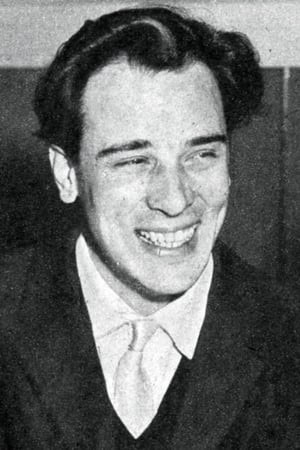
Paura: Lucio Fulci Remembered - Volume 1
as SelfThis documentary examines the life and legacy of controversial Italian filmmaker Lucio Fulci...
Movie pageThe Godfathers of Mondo
as uncreditedA look at the careers of Gualtiero Jacopetti and Franco Prosperi who invented the mondo genre...
Movie pageIn the Jungle: The Making Of Cannibal Holocaust
as HimselfAn Italian documentary that gives an inside look at the making of Ruggero Deodato's...
Movie pageMusic of Always
as uncreditedProducer, director and projectionist watch an assortment of musical numbers and brainstorm about...
Movie pageThe Importance of Being Uncomfortable: Gualtiero Jacopetti
as HimselfThe documentary's main focus is on the works and some controversial episodes from personal life...
Movie page